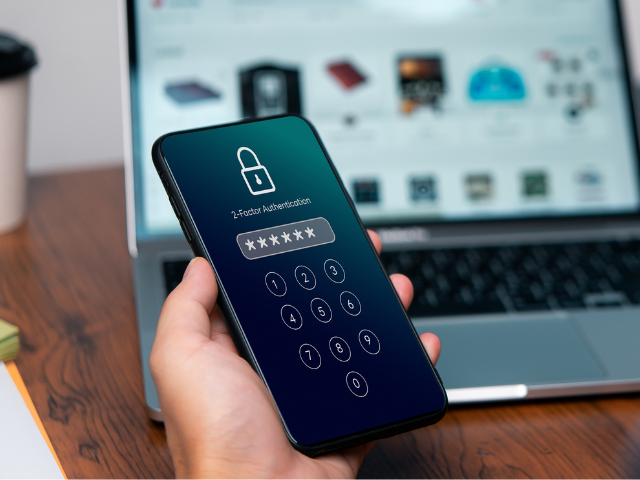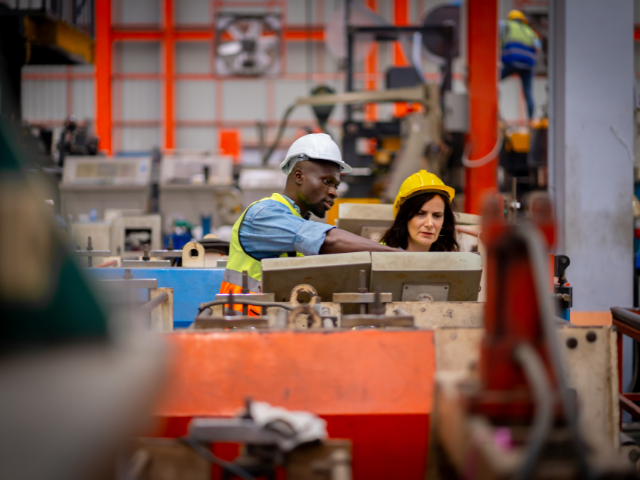Manufacturing today relies heavily on technology, from automated machines to cloud-based inventory systems. But as systems become more connected, the risk of cyberattacks grows. That’s why manufacturers need to take cybersecurity seriously – and one of the best places to start is with Multi-Factor Authentication (MFA).
MFA is a simple but powerful way to protect your business from growing cyber threats.
What is MFA?
Multi-Factor Authentication adds an extra step to the login process. Instead of just entering a username and password, users also need to prove their identity in another way. This might include:
- A one-time code sent to their phone
- A fingerprint or face scan
- A hardware token (like a USB security key)
Even if someone steals a password, they won’t be able to get into your systems without the second factor. That makes it much harder for cybercriminals to succeed.

Why is MFA Important for Manufacturers?
- Protect Valuable Data
Manufacturers handle a lot of sensitive information: customer orders, product designs, supplier contracts, and more. If that data falls into the wrong hands, it can disrupt operations or even lead to lost business. MFA makes sure only the right people can access these systems.
- Prevent Ransomware Attacks
Ransomware is a growing threat in manufacturing. Criminals use it to lock up your files or equipment until you pay a ransom. These attacks often start with stolen passwords. MFA blocks many of these attacks before they begin by adding another security layer.
- Stay Compliant with Industry Standards
More industry frameworks (like NIST) recommend or require MFA to protect sensitive systems. Using MFA helps you meet these expectations and avoid potential fines or security audit failures.
- Keep Operations Running
Cyberattacks can bring production lines to a stop, costing time, money, and customer trust. MFA helps reduce these risks by limiting the chances of a successful attack, keeping your systems and staff working as they should.
Real-Life Impact
In early 2023, Morgan Advanced Materials, a UK-based manufacturer of high-tech ceramics and carbon products, was hit by a cybersecurity incident that significantly disrupted its operations. The attack forced the company to shut down parts of its IT systems and rely on manual processes while recovery efforts were underway.
Morgan reported that the breach had a material financial impact, with delays in order fulfilment and production affecting global operations. While the company has not released full technical details, incidents like this often begin with compromised credentials, something that could be prevented or contained with robust Multi-Factor Authentication (MFA).

How to Get Started with MFA
- Identify What to Protect
Start with your most important systems, things like design software, inventory tools, and remote access platforms. - Choose an MFA Tool That Fits
Look for a solution that works well with your current setup. Options include mobile apps, hardware tokens, or biometric tools. - Train Your Team
Make sure everyone understands how MFA works and why it matters. The more user-friendly your approach, the more likely your team will accept it. - Roll It Out in Stages
Start with high-risk users or systems, then expand across your company over time.
How Can we Help?
Cybersecurity in manufacturing is about more than protecting computers, it’s about keeping your business running. A strong MFA setup helps guard your data, machines, and reputation from modern cyber threats.
As an RSA Security Gold Partner, we can help you deploy tools which offer flexible and secure authentication for on-site and remote teams.
If your current login system isn’t giving you peace of mind – or if you’re just getting started – consider MFA as your next step toward a safer future and get in touch today.



